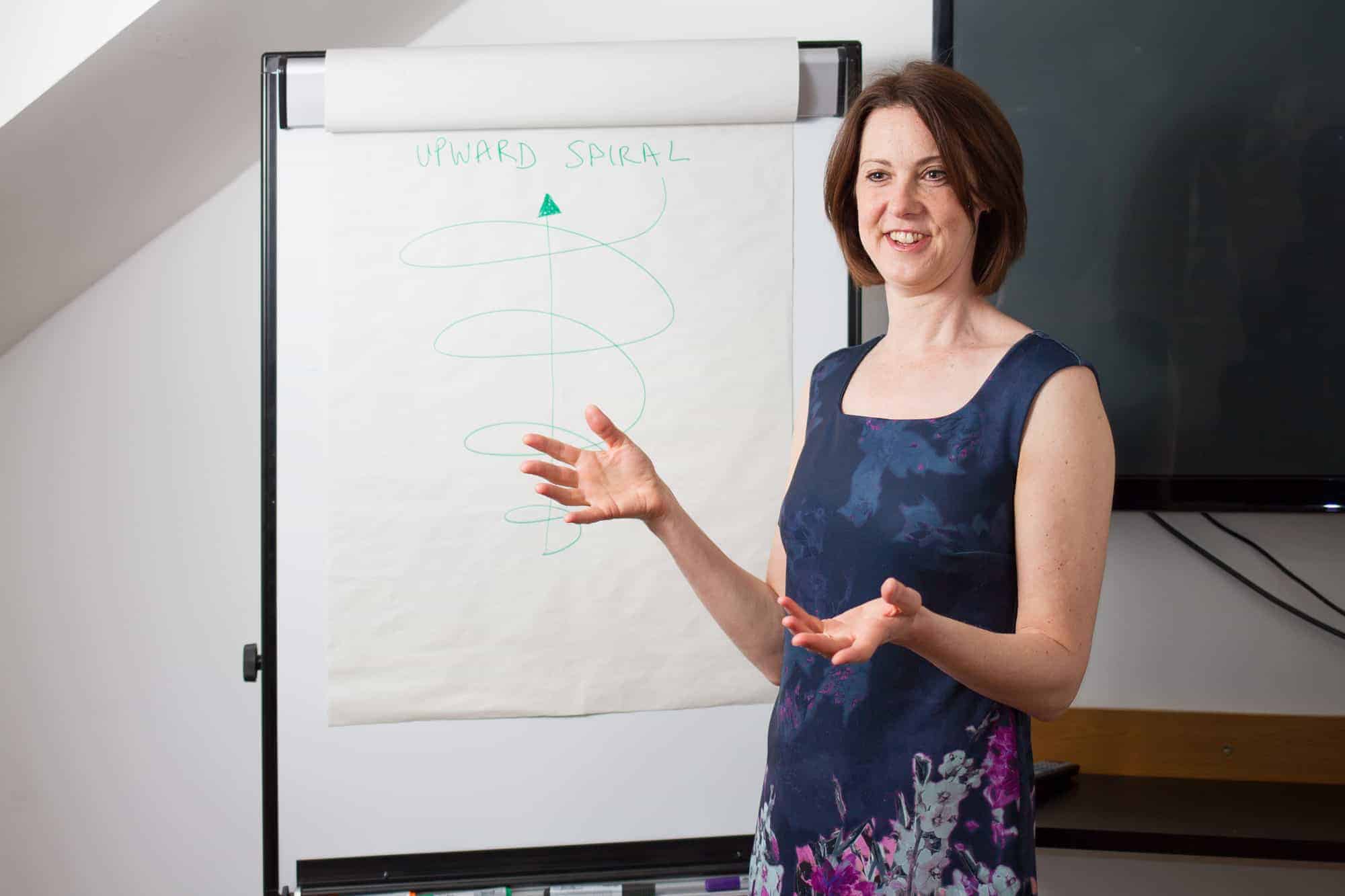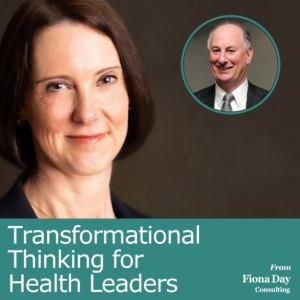I have found that many doctors and professionals are unsure whether they need executive coaching. It can seem like a big risk and for some may feel like an admission of failure or an inability to address certain issues. To somebody who is already very successful, it can take a lot to admit that you need some external help, but outsourcing the coaching of your senior staff or even yourself, is no different to employing contractors to assist with electrical testing or seeking advice on legal issues. You are finding a resource to help yourself or your senior team or business that you can’t provide yourself.
In my experience, however, people don’t always want to introduce an external influence on their team or business. But the rewards far outweigh these risks, and those rewards are that your team and its long term health can be supplemented by bringing someone in to take a fresh look at things and invest time into people and what they are capable of.
Why do you need executive coaching to help your team?
- It could be for succession planning; getting a person ready to inherit a position and they need new skills and standards
- Where a whole department needs improvement; not one person but a new system or a set of methods collectively needs introducing
- An entire organisation needs to introduce a new mentality or approach to improve results or face a new challenge
- An individual needs help and support; this could be a personal issue specific to an individual, and you want to help rather than replace this person. Executive coaching will save time and money in this respect.
An executive coach can be brought in to help individuals or a team of staff achieve their respective goals. These could be goals that you have introduced for your team (‘3 way contract’), or specific goals that an individual has set to meet their needs. I often find that the executive coach is selected based on their knowledge of a specific area that an employer wants help in. But accordingly, the executive coach will need help from the employer in setting goals and objectives tailored to the business. You also want the coach to be respected, provide high value input and have a good rapport with the employees you choose.
What schedule should you choose for executive coaching?
It can take time to see the results from executive coaching, particularly if there is some resistance from the people chosen. It is important to design a schedule that is not disruptive, overwhelming or becomes resented. Regular sessions of a fixed timing over a period of months help to introduce new methods, ideas and targets and allow the employer to see and review progress in between and then adapt future sessions accordingly.
What do you get out of executive coaching?
An executive coach is an addition to management and human resources and provides skills and techniques, and identifies personal characteristics that can help a person not only do their job better, but also understand why they need to. This obviously requires delicate skills and in my experience, a lot of preparation has to go into any meetings with clients in order to understand their business, their principles and values, their people and what they want to get out of executive coaching.
Coaching can be one-on-one mentoring, which is quite intense but also rewarding and sometimes necessary with certain individuals. Also, a situation may merit group coaching, which is more of a tutorial where a number of people require the same coaching, and group tasks may trigger a better response in terms of achieving goals that have been agreed. With this in mind, a coach will usually provide a mechanism to review progress and adapt coaching accordingly, having agreed this with both the employer and the employee(s).
What facilities are required for executive coaching?
I have found that some businesses don’t have on-site facilities for executive coaching, in terms of a confidential quiet meeting space. But where they do it is sometimes beneficial to coach them in their own environment. However, I have also found that some employees respond better in a different and new environment, where they aren’t distracted or they feel like they are “at work” and therefore, don’t fully focus. A new environment can energise people and allow them to get more out of it. This is of course entirely up to the employer, and coaching can also be done online from home or at work in an environment more suited to personal and professional learning.
Dr Fiona Day is the world’s only Leadership Coach with advanced coaching psychology, medical and public health qualifications (MBChB, FFPH, BPS Chartered Psychologist in Coaching Psychology, EMCC Master Practitioner Coach & Mentor) and is in a unique position to help you and your teams to flourish. Fiona specialises in coaching medical and public health leaders, is a coach Supervisor, and an EQA Foundation Award Holder. Get 3 hours of FREE CPD with Fiona’s Health Career Success Programme here. Book a free confidential 30 minute Consultation with Fiona here.









